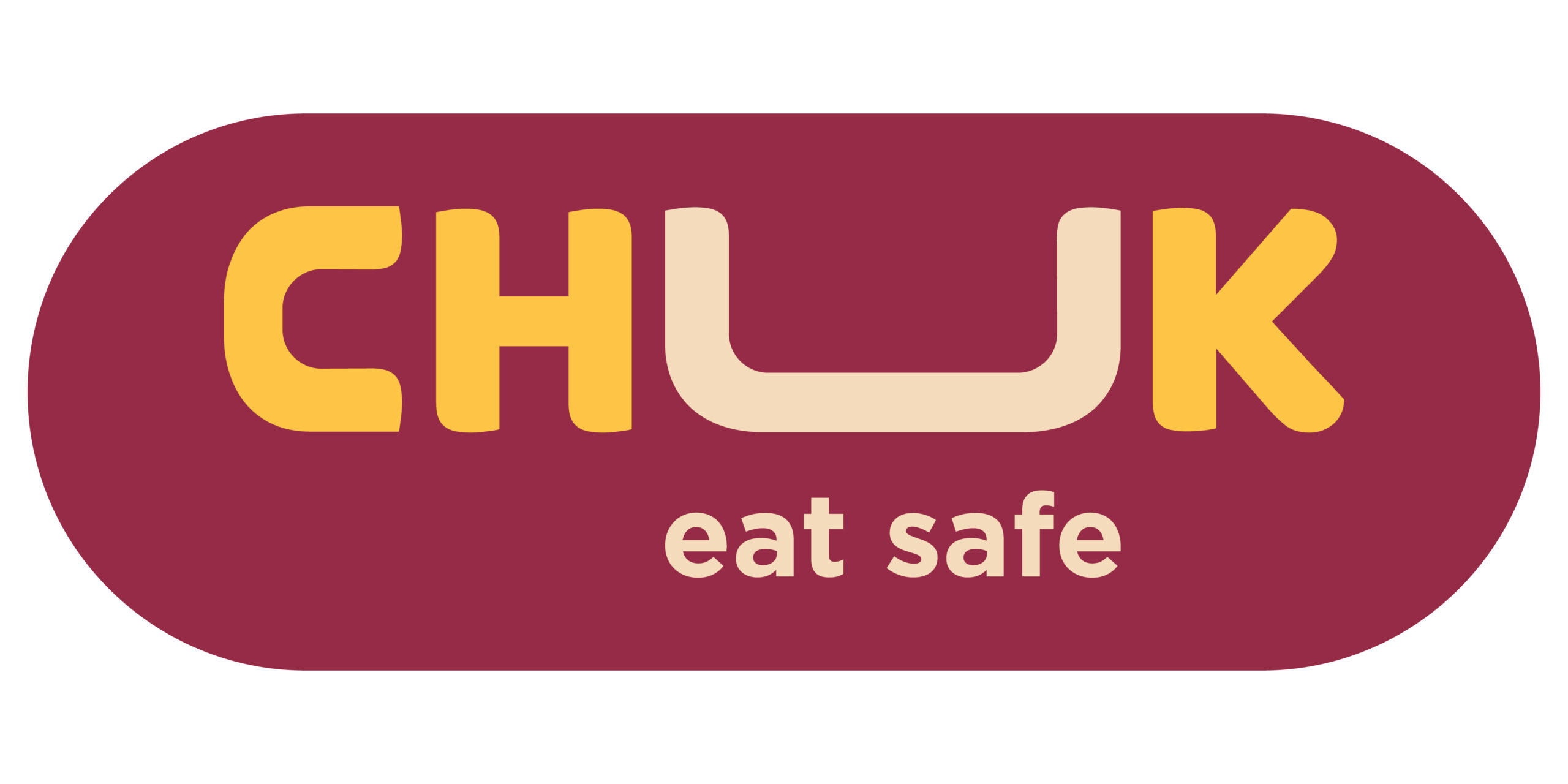By switching to compostable tableware, you’re reducing the amount of plastic waste that reaches landfills and oceans
Plastic is one of the most widely used materials in the world, and it’s also one of the most harmful. It takes hundreds of years to break down and can cause serious environmental damage. When plastic is discarded, it often ends up in landfills, where it can release harmful chemicals into the soil and water, or in our oceans, where it harms marine life.
Plastic, especially single-use plastic, has become a significant problem in recent years. The convenience of plastic has made it a popular choice for food packaging and tableware, but it’s also led to a substantial increase in waste. As consumers become more aware of the impact of plastic on the environment, there has been a growing demand for biodegradable plates and bowls.
What is compostable tableware?
Compostable tableware is made from natural materials that can be composted or broken down by microorganisms in a relatively short amount of time. Unlike plastic, eco-friendly disposables do not release harmful chemicals into the environment when it breaks down. Instead, it breaks down into organic matter that can be used to enrich the soil.
Chuk compostable tableware
Chuk compostable tableware is made from sugarcane bagasse. Sugarcane grows abundantly in India. Farmers harvest sugarcane from large-scale farming in India. All these local farmers take their crops to the sugar mill which squeezes all the juice out and what is left is just the fibrous stalk. Chuk collects this fibrous stalk, and agricultural waste and converts them into disposable plates and bowls.
The benefits of using Chuk compostable tableware
Using compostable tableware has several benefits. First and foremost, it helps to reduce the plastic waste that ends up in landfills and oceans. By using eco-friendly disposables, you’re taking a step towards a more sustainable future.
Compostable tableware is also a safer choice for the environment. As it breaks down, it releases nutrients back into the soil, helping to create a healthier ecosystem. Additionally, Chuk makes compostable tableware from non-toxic materials, making it a safer choice for consumers as well.
Finally, Chuk disposable plates can also be a more aesthetically pleasing option than traditional plastic tableware. It can be designed to look just like plastic but with the additional benefit of being environmentally friendly.
Compostable tableware vs. traditional plastic tableware
Compostable tableware and traditional plastic tableware have many key differences. First and foremost, compostable food packaging is made from natural materials, while plastic is made from petrochemicals. This makes compostable tableware a more sustainable choice.
Compostable tableware is also biodegradable, meaning it breaks down into organic matter that can be used to enrich the soil. Plastic, on the other hand, can take hundreds of years to break down and can leach harmful chemicals into the environment.
Finally, compostable tableware can be made to look just like plastic, but with the extra benefit of being environmentally friendly. This means that you don’t have to sacrifice style for sustainability.
How Chuk compostable tableware can reduce your carbon footprint
Using compostable plates in bulk can significantly reduce your carbon footprint. By switching to compostable tableware, you’re reducing the plastic waste that reaches landfills and oceans. This reduces the amount of greenhouse gases released into the atmosphere.
Additionally, Chuk disposable food delivery containers are made from agricultural waste, which means that it requires less energy to produce than plastic. This helps to reduce your overall carbon footprint.
Finally, Chuk compostable tableware can be composted, which helps to create a closed-loop system. This means that the waste from the tableware can be used to enrich the soil, which can then be used to grow more crops. This helps to reduce the need for synthetic fertilizers, which are a major source of greenhouse gas emissions.
Composting and disposal of compostable tableware
Composting and disposal of Chuk compostable tableware is relatively simple. It can be put into a compost pile or bin. It will break down over time, releasing nutrients back into the soil.
If you don’t have access to a compost pile or bin, you can also dispose of sustainable disposable plates in the trash. While it won’t break down in a landfill, it won’t release harmful chemicals into the environment like plastic will.
While compostable tableware may be more expensive upfront, it saves you money in the long run. By reducing your carbon footprint and promoting sustainability, you can attract eco-conscious customers.
Conclusion
In conclusion, disposable takeaway containers are more sustainable and environmentally friendly than plastic tableware. By using Chuk compostable tableware, you’re taking a step towards a more sustainable future.
When choosing compostable tableware, make sure to look for products that are certified compostable. With the right compostable tableware, you can reduce your carbon footprint, promote sustainability, and attract eco-conscious customers. Why not be a part of the movement for a more sustainable future today?


